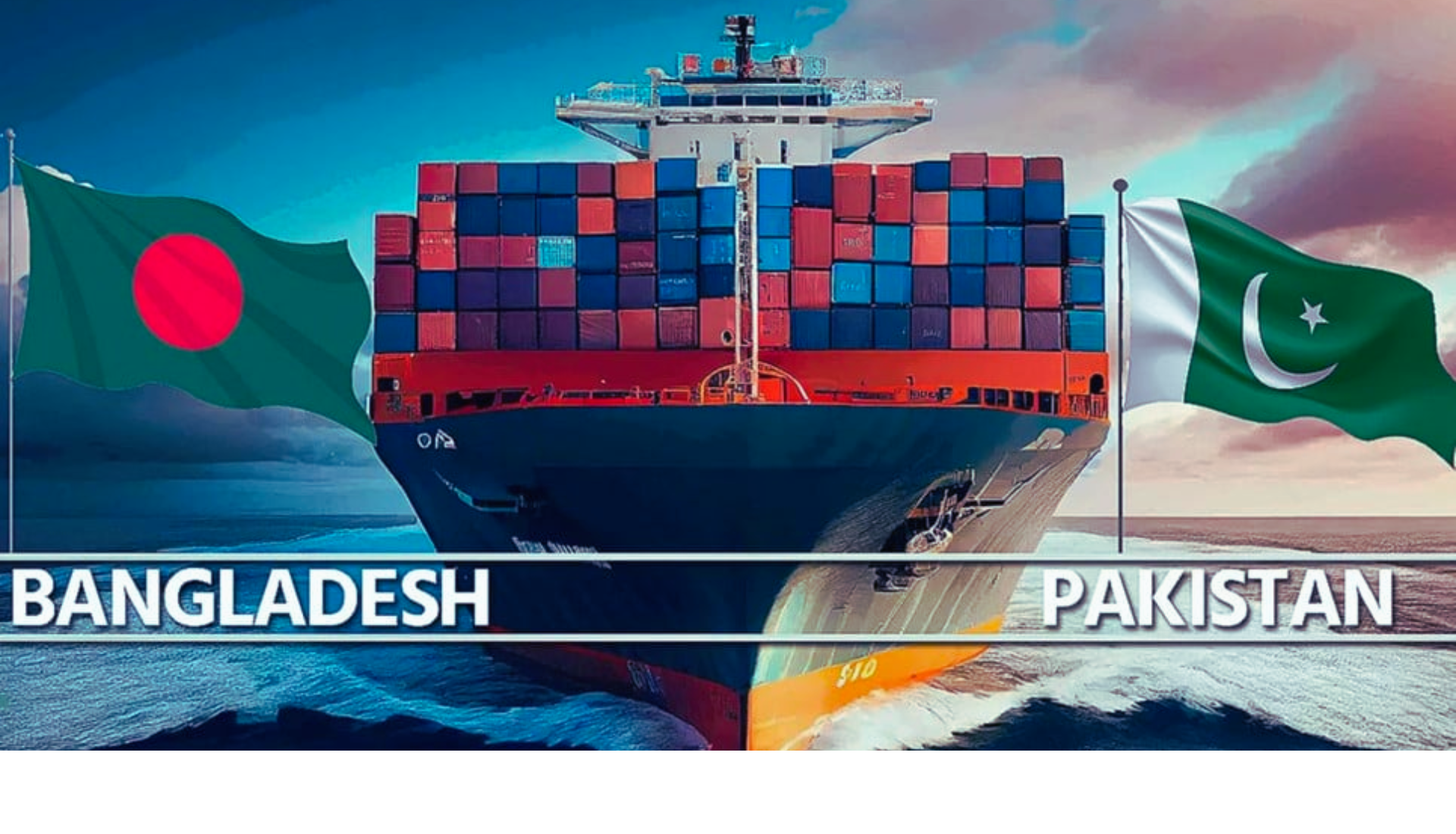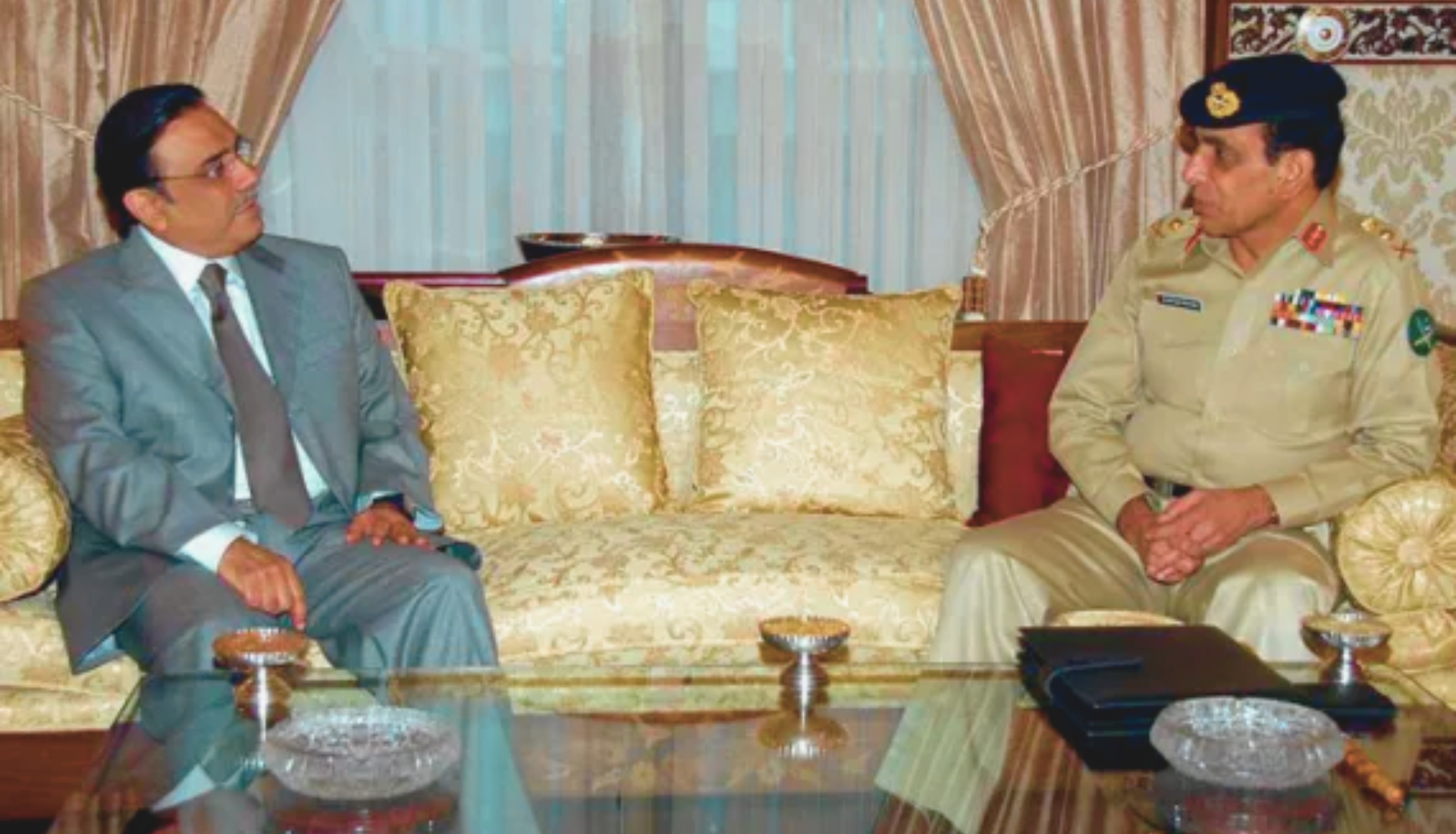MOL announcement
In a statement issued on Tuesday, the MOL group announced the discovery of oil and gas reserves in Kohat district of Khyber Pakhtunkhwa. Moreover, this marks the 13th discovery of the MOL group in Pakistan. This has the potential to shift the economy’s external reliance in terms of energy sources.
“This discovery has de-risked an exploration play in the deeper reservoir in the Tal Block [an oil and gas field located in Pakistan’s Kohat District], leading to new upside opportunities, said Berislav Gaso, MOL Group’s an exploration and production EVP.
Significance of announcement
Furthermore, the announcement has had a positive impact on the exploration play at the Tal block in Kohat district. Additionally, it further highlights Mamikhel South-1. Which is likely to push the region towards a breakthrough.
Khurram Shehzad, an analyst at Alpha Beta Core, issued a statement saying that the system would start reaping the benefits of it in 3-4 months. As the sponsors pour in given their strategy and flow of investment.
MOL Group and their Work
Also, MOL Group has been operating in Pakistan for two years already having an 8.4% stake in the TAL block. POL holds a 21% stake in the block while PPL and OGDC both hold 28% of the total share.
Pakistan imports around 80% of crude oil and finished petroleum products to meet the local demand. The rest of the 20% is met through local production of oil/condensate, as per the trading economics.





